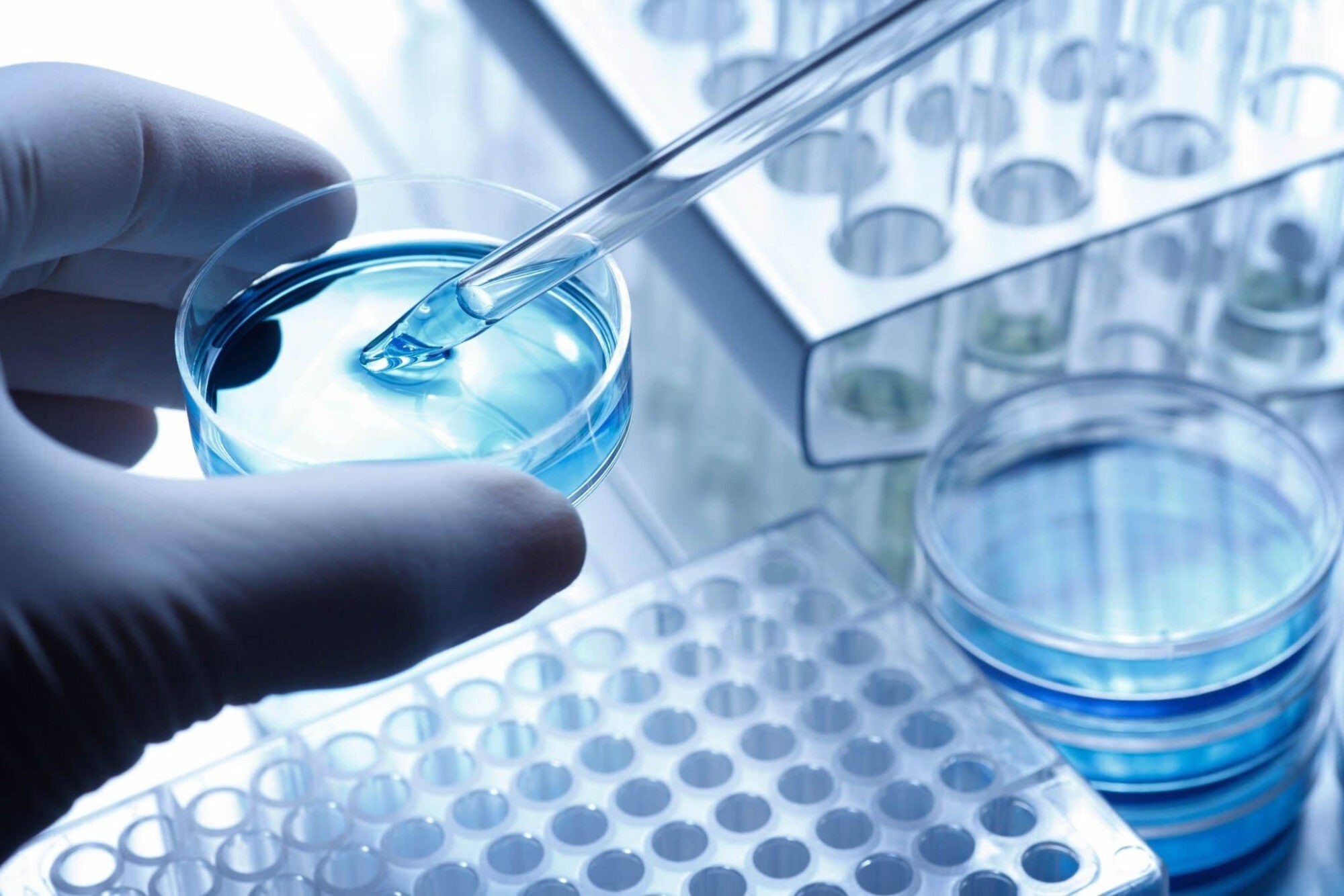
The Proteome is Dynamic — Why That Matters – Translating Proteomics Episode 3
Nautilus Biotechnology
April 24, 2024
‘Translating Proteomics’ explores the science of proteomics and its growing impact on biological research, biomarker discovery, drug development, food and energy security, and a range of other timely topics. The goal of these conversations is to expose you to important issues in proteomics, deepen your love of science, and prompt you to question assumptions about what may be possible.
Your hosts are Drs. Parag Mallick and Andreas Huhmer of Nautilus Biotechnology. Parag is an Associate Professor at Stanford University whose lab performs systems biology studies that drive precision medicine approaches for cancer diagnosis and treatment. Andreas is a veteran scientist whose industry work has supported thousands of proteomics researchers by helping to bring the latest mass spec technologies into their labs.
Subscribe to Translating Proteomics on YouTube, Apple Podcasts, Spotify, or subscribe to our Translating Proteomics Newsletter to get the latest episodes delivered straight to your inbox.
Episode 3 – Biology in Space and Time
It’s no surprise that biological systems change dramatically over space and time, but we often ignore these dynamics when comparing biological samples. In the latest episode of Translating Proteomics, Parag and Andreas discuss why it’s essential to take space and time into account and envision ways we can design experiments that explicitly incorporate spacial and temporal considerations.
Chapters:
00:00 – Biological systems as dynamic, adaptive systems
04:45 – How current experimental designs rarely take space and time into account
11:54 – The tools necessary to sufficiently measure biology in space and time
Some key takeaways from the conversation:
- Different biological processes occur at very different time scales.
- Complex, multiomic interactions can only be understood over time and space.
- We need to properly collect, annotate, and share omics-level data in order to understand the rules that govern complex biology.
Subscribe to the Translating Proteomics podcast on YouTube, Apple Podcasts, Spotify, or your favorite podcast outlet
MORE ARTICLES
